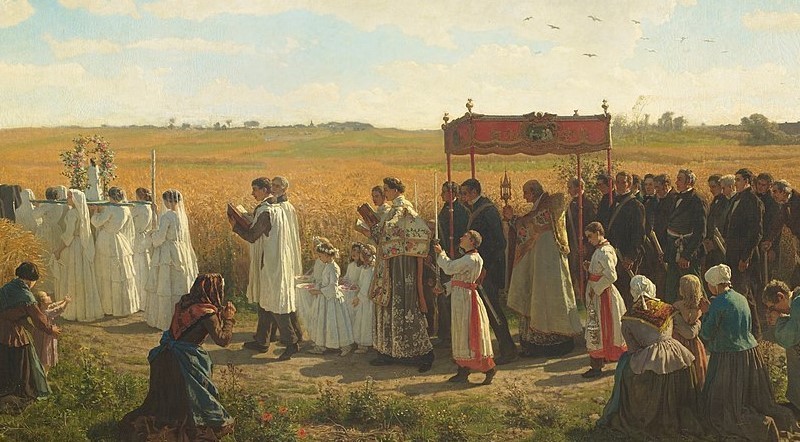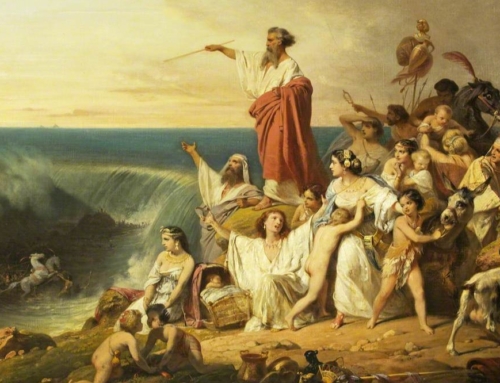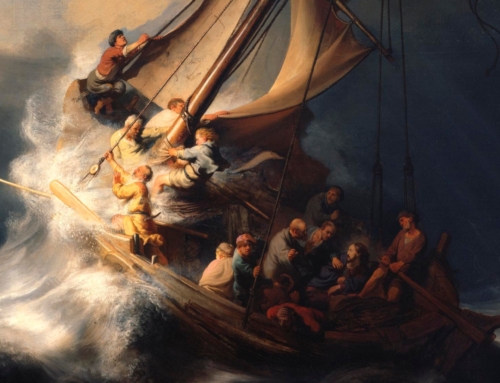2023 Summer Reading Recommendations:
The Long Loneliness by Dorothy Day
As I walk through Greenwich Village each morning I read chalked on the sidewalk the day’s manifesto: “It’s Just Love,” or “No Justice, No Peace.” By the next day the words have been hosed down, but what of the message remains? The would-be revolutionary’s words seek after a love of neighbor—at least half of Christ’s great commandment (cf. Matt 22:36–40). But what of God? With the transcendent’s apparent distance from pedestrian hardships, is love of God and love of neighbor an impossible task? Dorothy Day, the legendary Catholic social activist, spent her entire life enduring this question. Her autobiography, The Long Loneliness, follows the path from her early childhood, through her life as a radical socialist, her conversion to the faith, and her work founding a Catholic social movement. Day’s brilliance as a journalist and storyteller reveals with delight the pursuit of love of neighbor, the relentless love of God, and God’s demand for our whole heart.
Day is typically cited for her identity as social activist, but her own reflections reveal her action as the overflowing love of a contemplative. Despite a secular upbringing, Day was from an early age Christ-haunted, longing for what she could not name, for a justice which escaped her grasp. “Even at fifteen,” Day reasoned, “I felt that God meant man to be happy” (The Long Loneliness, 24). The early conviction that man is meant for something more than the inhumanity of industrial poverty incited in Day an unrelenting—if misdirected—care for her neighbor. Even before her conversion, the Psalmist provides the paradoxical words for her groanings, “they that sow in tears shall reap in joy”—Day’s inspired gaze was one of knowing sorrow, yet expecting joy (The Long Loneliness, 80), a joy she sought to bring about through worldly justice and by worldly means.
Day concedes her early failures at attaining real justice, admitting the true radicality of loving one’s neighbor. She admits that the sacrificial love asked of us feels unnatural with our fallen tendencies to prioritize self-love. Day wanted to love “the masses,” an unnamed and unfaced abstraction. But such a neighbor is not real, nor able to receive our love. It was Day’s conversion that had her “pause in the mad rush of living and remember [her] first beginning and last end” (The Long Loneliness, 80). She came to realize that the only authentic love of neighbor begins in love of God. Day’s magazine and movement, The Catholic Worker, was driven by the care and respect for the poor and destitute as “those nearest to God, as those chosen by Christ for His compassion” (The Long Loneliness, 204). It was Day’s faith which revealed the dignity of the poor and the identity of Christ in their suffering.
Day’s recollections reveal that solidarity with the poor is not enough, “the problem is, how to love God” (The Long Loneliness, 138). Despite her sincere love of God’s creation, an excessive love for neighbor had made both a love of God and a love of neighbor impossible. “The very word ‘diligo,’ the Latin word used for ‘love,’ means ‘I prefer’” (The Long Loneliness, 139). She recounts that, “it was all very well to love God in His works, in the beauty of His creation,” but “no human creature could receive or contain so vast a flood of love and joy” (The Long Loneliness, 139). Day’s progress illuminates a necessary leap that must take place in following Christ—the final turning of the heart to God above all things.
Through Day’s keen journalistic style, with its cast of characters and bohemian antics, The Long Loneliness provides a brilliant, and at times comical, insight into the social movements of the twentieth century. In equal measure, Day’s tendencies towards solemn self-reflection illuminate the inner workings of a contemplative soul, and reveal at a glance the workings of God’s unrelenting pursuit of our hearts. Throughout, The Long Loneliness provides an insight into an authentic social justice, one which finds its beginning and end in the love of Christ.
✠
Image: Jules Breton, La Bénédiction des blés en Artois







